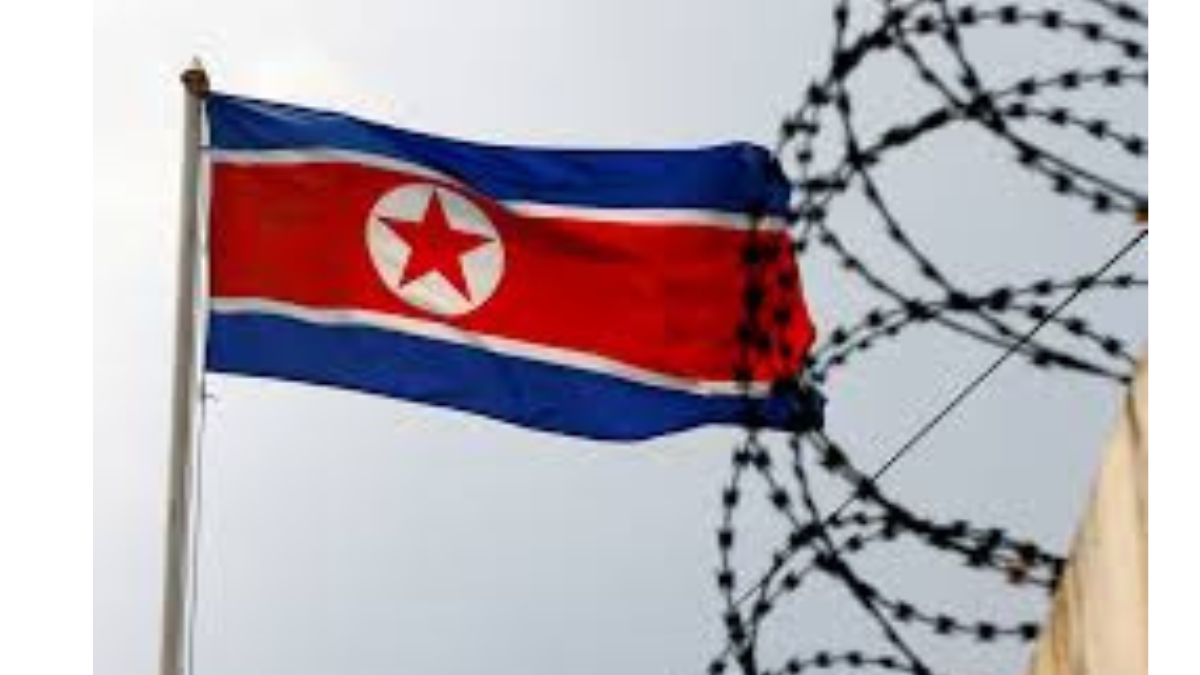North Korea’s population suffers greatly from its self-imposed isolation, but it doesn’t appear that it will welcome foreign investment very soon. It is well known that it is the world’s most secretive nation. When North Korea invaded South Korea after the end of the Korean War in 1953, it was supported by the Soviet Union and China but was defended by the UN (led by US forces). It voluntarily chose to become more and more isolated from other nations. This degree of hiding is a major factor in the nation’s ability to spread dissatisfaction and mystery throughout a large portion of the Western world.
By most standards, North Korea is regarded as one of the world’s poorest nations. It is also independent in that it is among the most ethnically homogeneous areas in the world. The only other known ethnic group in North Korea is a tiny immigrant population of Chinese descent, comprising less than 1% of the total population.
Alongside its admiration for Korean racial purity, the nation embraces the concept of self-sufficiency. Unlike South Korea and other economically developed Asian nations, North Korea sees trade with other countries as an unfortunate need to learn about new technologies.
Most people who follow North Korea believe that Kim Jong Un is aware that the country needs international cooperation to advance economically, but he is afraid that North Korea will become overly dependent on other countries, endangering the country’s indoctrinated Juche policy. When comparing North Korea with its southern counterpart, the economic shortcomings resulting from this repression become even more evident.
The nation’s move to distance itself disturbed possible trading partners. It does little to promote future greenfield investment when combined with the absence of prosperous foreign companies already operating in the nation. It appears that for North Korea’s economy to grow, the nation must adopt a more welcoming FDI policy; however, this may require giving up the Juche ideology, which is unlikely given the current administration.
Table of Contents
North Korea to close embassy in countries with a long-term friendship history
The closure of North Korea’s embassies in Uganda and Angola connects with the regime’s increasing struggles to obtain foreign exchange due to long-lasting economic difficulties brought on by U.N. sanctions related to Pyongyang’s nuclear and missile programs.
It first opened diplomatic relations with Angola in 1975. It withdrew its embassy from the country in 1998 for an undisclosed reason, but it reopened it in 2013. Jose Eduardo dos Santos, the former president of Angola, has made three trips to Pyongyang as evidence of the two countries’ continued close relationship.
One of the African nations to which the North is known to have sent laborers in exchange for dollars is Angola. It is also known that the North once sent enormous socialist-style statues to Senegal and Angola, two African nations, in an attempt to obtain hard currency.
Reduction in International relations for the Isolated country
According to the ministry, North Korea has formal relations with 159 nations, but before withdrawing from Angola and Uganda, it had 53 diplomatic missions abroad, including three consulates and three representative offices. Primarily due to financial issues, North Korea intended to close at least ten diplomatic posts, including a consulate in Hong Kong and Spain.
The embassy closures paved the way for what may turn out to be “one of the country’s biggest foreign policy shakeups in decades,” with ramifications for the capacity to raise money illegally, engage in diplomacy, and provide humanitarian relief in the isolated nation. North Korea’s international relations will be affected by 25%.



